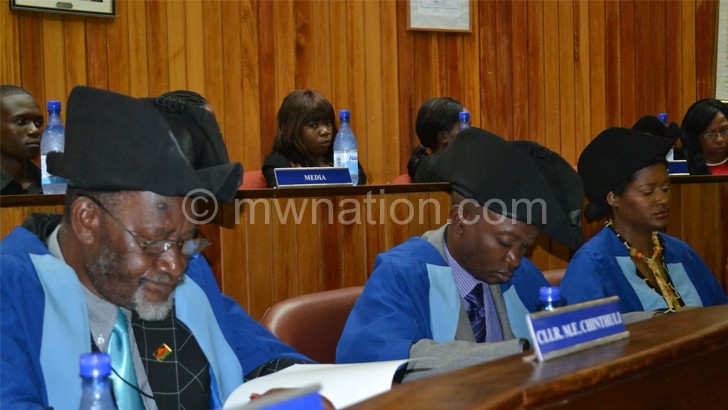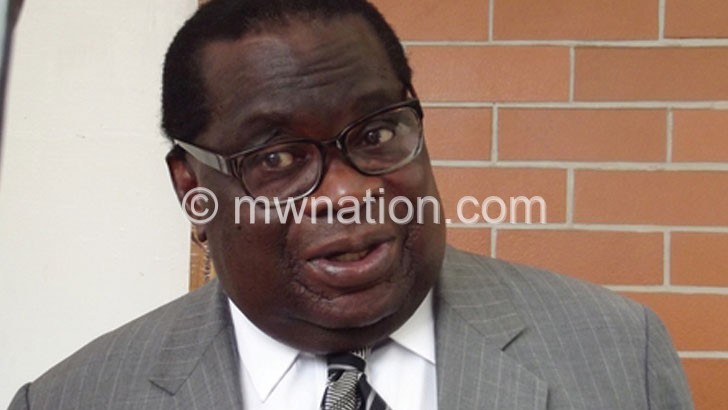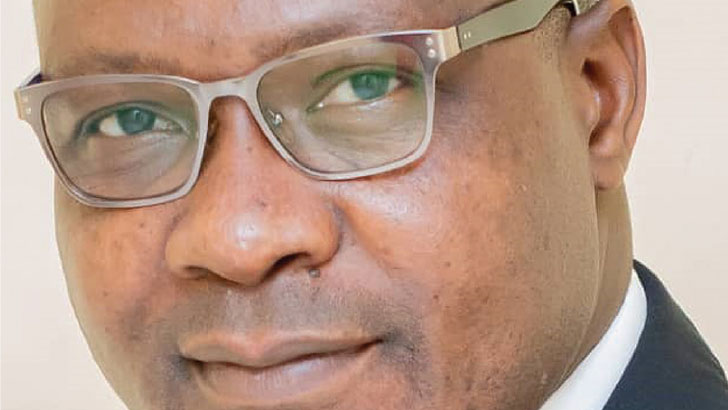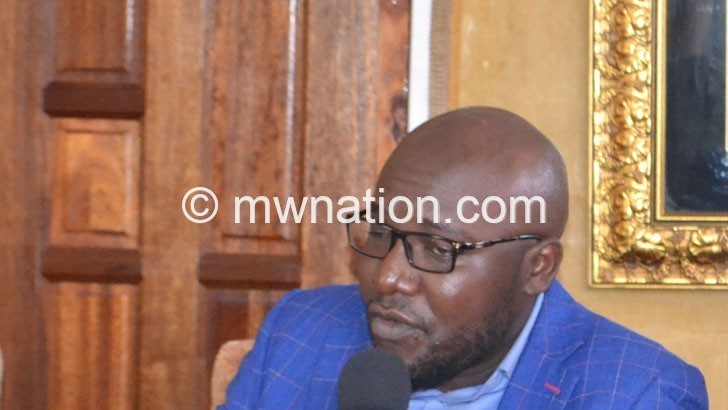DEEPENING WOMEN IN GOVERNANCE, DEVELOPMENT
On Monday, Malawi joined the rest of Africa in commemorating the African Day on Decentralisation and Local Development. Our Staff Reporters Albert Sharra and Fatsani Gunya explore how women have been integrated in local development:
 |
When she contested for the Kabvunguti Ward in the Kasungu Town Council on a Malawi Congress Party (MCP) ticket, little did Ireen Katola another position was coming her way. Fellow councillors chose her as the Kasungu Municipality mayor.
Katola, who beat four men and one woman in the May 2014 tripartite elections, was not just one of the 56 women councillors in the elections outcome, she became the municipality’s first mayor.
“I never dreamt of becoming mayor. I was encouraged by my colleagues as they felt I had the qualities to take up the position,” says Katola.
As Africa celebrates the African Day on Decentralisation and Local Development, whose theme is ‘Deepening Decentralisation and Local Development through Effective Participation of Women in Local Governance’, Katola is the epitome of women involvement in the power-to-the-people notion that decentralisation entails.
Says Katola: “Some people think you cannot deliver just because you are a woman. And, they expect change to come overnight once you take up your position. Challenges abound.”
For her, it is harder for town, city and municipal councillors than it is for those in the district councils. She cites recent Local Development Fund (LDF) allocations as an example.
The municipality got K9 million, while the district council got K168 million.
“Without necessarily looking at it that I am a woman, it is really hard to make ends meet where service delivery is concerned. Imagine, our street lights consume about K500 million a month, when our revenue is at just about K3 million a month. Then, we have water bills to settle and wages to pay,” says Katola.
With fellow councillors, the mayor says, they are working tooth and nail to change things for the better. For one, they are constructing a tarmac John Six Road, rehabilitating several bridges and promoting sanitation in the municipality. To get more revenue, on July 1 they raised by 50 percent all fees in the municipality.
“We have ordered every shop to have a dustbin so the municipality is clean. Personally I am on a campaign to promote girls’ education in the municipality. Our women are working harder than ever.
“There are those who are critics all the time, but they don’t break me. Actually, they motivate me all the more,” says Katola.
According to Principal Secretary for Local Government and Rural Development Chris Kang’ombe African Union (AU) Heads of State and Government adopted the African Day on Decentralisation and Local Development to remind Africans the importance of promoting a people-centred development and the contribution of local government to national building.
Kang’ombe says the theme this year is derived from the state of women participation in local governance and local development and the declaration of 2015 by AU leaders as the Year of Women.
“This year has been dedicated to focus on the role of African Charter on the Values and Principles of Decentralisation, Local Governance and Local Development in promoting women participation in governance and development at local levels. We seek to ratify and domesticate the charter,” he says.
According to the charter, decentralisation is the reorganisation or transfer of power relationships, responsibilities, capacities and resources among national and all sub-national levels of government with the aim of strengthening the ability of the latter to both foster people’s participation and delivery of quality services. On the other hand, it defines local development as the mobilisation of local, national and global human, economic, socio-cultural, and political and natural resources for the improvement and transformation of livelihood, communities and territories at the local level.
Article 10 (3) of the charter stipulates that local governments or local authorities shall develop pro-poor initiatives and pay particular attention to women and the youth, as well as other vulnerable groups. Article 13 (3) provides that central governments should establish measures and appropriate mechanisms to ensure participation of eligible citizens, including specific measures for the representation of women and marginalized groups in local government elections.
Kang’ombe adds that in October, the country’s 53 councillors will receive training and launch a women’s councillors caucus, bringing together councillor from across the political divide.
Reading through the results of the May 20, 2014 Tripartite Elections, one sees a falling graph of women in Malawi politics. Indisputably, the elections go into history of being the worst moment for women in politics compared to results of previous elections. They also produced the first slouching results on female politicians after previous ones in 1994, 1999, 2004 and 2009 that consecutively form a rising graph.
The four elections show the number of women winning in elections rising consistently—six, nine, 14 and 22 percent respectively. But 2014, came with its own story. For instance, on Members of Parliament (MPs), of the 261 females who vied for parliamentary seats, only 32 females won. During the 2009 elections, 43 females made it to Parliament.
It is the same story in the Local Government elections. Out of the 457 contestants only 56 females won compared to 401 men. While this is a reflection of the public’s decision on who should lead them and sex preference in political leadership, it is the same story in the other arms of government—the executive and judiciary. It is worse inside the executive arm of government. For instance, in the cabinet of 20, only three are women.
There are also few female District Commissioners (DCs) than men. However, our efforts to get the actual figure proved futile as authorities in the ministry of local government pushed us from one individual to another.
Paradoxically, this happens at a time activists think they have done a lot in promoting women empowerment. Prior to the May 20 Tripartite Elections, NGO-Gender Coordinating Network (NGO-GCN) was on the road wooing the public to vote for females. Emma Kaliya, chairperson for NGO-GCN was short of words after the elections.
In an interview after the elections results, Kaliya said: “Malawian voters decided not to vote for women and there is nothing we can do. Again, there is high competition these days because people believe in that going to Parliament is part of employment.”
The statistics in politics shoots below the belt of the Southern Africa Development Committee (SADC) Gender Protocol to which Malawi is a signatory. The protocol calls for countries to achieve a 50 percent women representation in Parliament. The Protocol rates Malawi eight out of 15 member states in gender performance in politics. There is no good story for Malawi in almost all the 11 areas the protocol focuses on. These include education, health, governance, constitutional and legal rights, productive resources and employment among others.
“Malawi with SGDI [Sadc Gender and Development Index] scores of 66 percent for gender and economy ranks 12th in the region. Women scored government 50 percent compared to men who score the government 55 percent. Women occupy 27 percent of economic decision making positions compared to 17 percent in 2012,” reads in part a report on Gender Links website.
Politics is just one of the areas where for long, women representation has been low. There have been several interventions to change the story. Even, party presidents have preached about promoting 50-50 representation of men and women in both parliament and other government departments.





